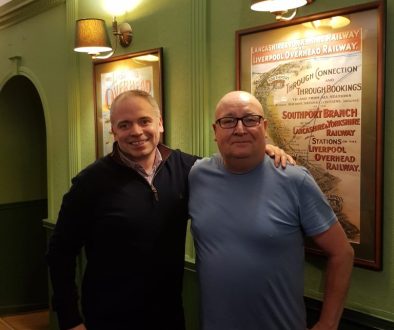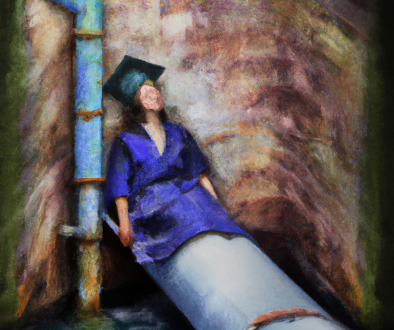The Erasure of discourse on Class in Art by Stefan Szczelkun
In her PhD dissertation (2017) Frances Hatherley discussed three working class artists who had risen to prominence in the art world but whose core class content had never been discussed by the critics. She makes “three case studies, each addressing aspects of working-class femininity: Jo Spence’s Class-Shame series, the photographs collected in Richard Billingham’s Ray’s a Laugh, and Carol Morley’s film The Alcohol Years.” Rather than simple pointing to the absence of analysis Hatherley creates an idea of an Anti-Pygmalion Aesthetics with which to better understand the class aspects of the work of these artists. This doctoral thesis is dynamite in the foundations of the classist art establishment.
Recently Hatherley has focused on recovering a class perspective to the discussion of the photographer Jo Spence in a series of articles, and now a book to accompany the publication of a facsimile edition of Jo Spences BA Thesis. This is a somewhat atypical montage of pictures and text published as a limited edition hardback.
“For the photographer, educator, cultural worker and writer Jo Spence (1934-1992), class was of vital importance. She stated, “Given my belief that class is a dominant feature in our lives, that is where I choose to put the bulk of my work.” She wrote prolifically about the fact that her working-class background and the class struggle, both political and personal, was a key area of exploration in her practice, and yet it has been the least theorised topic of her work. Discussions of class in her work have been systematically sidestepped by other writers. Spence herself was even asked to leave a photography collective for pressing the issue of class.” ‘The Labour of Class Discourse: Jo Spence and the Unmentionableness of Class’ in Parse Journal – spring 2019.
In this article Frances argues powerfully that there is generally an erasure of class discourse and analysis within the discourses about working class artists. With regards to artists that are being canonised this absence is of particular importance.
Her recent book is titled ‘Class Slippers: Jo Spence of Fantasy, Photography and Fairy Tales’. At the beating heart of this book is Spence’s obsession with the Cinderella myth of upward mobility. I really enjoyed reading this book which took me back to when I knew Jo Spence at the time of doing ‘Working Press: books by and about working class artists’ (1986 – 96) Jo was keen to do a book with Working Press but sadly her cancer intervened and she died in 1992. Some things in ‘Class Slippers’ were new to me – I remember her photo-therapy with Rosy Martin and Val Walkerdine but didn’t remember ‘Photo pantomime’ – that’s such a great concept.
I relate strongly to Hatherley’s arguments as it has been my own experience as a working class artist who wishes to make class a central part of my work and writing. Its been a continual struggle! It was interesting also to see Rosy Martin quoted referring explicitly to class silencing in the light of my own recent publication of that title.
“The other girls would tease me, laugh at my strange vocabulary, my Cockney accent, my ‘toughness’. Soon I could not talk at all, only stammer out my inarticulate, gauche, faux pas. I was literally silenced, as were were my class experiences, as part of learning to ‘pass’. The solution I was offered was elocution lessons.” Class Slippers, page 27.
Bibliography
F. Hatherley ‘Class Slippers: Jo Spence of Fantasy, Photography and Fairy Tales’ RRB Photobooks, and The Hyman Collection F. Hatherley, 2020
F. Hatherley, ’The Labour of Class Discourse: Jo Spence and the Unmentionable Ness of Class’ in Parse Journal – spring 2019
F. Hatherley “Unsuitable For Galleries”: The Class Politics of Self-Representation in Jo Spence’s Photographic Collaborations’ Orlando Magazine 2018
F. Hatherley, ‘Sublime Dissension: A Working-Class Anti-Pygmalion Aesthetics of the Female Grotesque’ Middx Uni. August 2017
Spence, J. ‘Fairy Tales and Photography, Or, Another Look at Cinderella’ Hyman Collection 2020 (Limited edition hardback)

